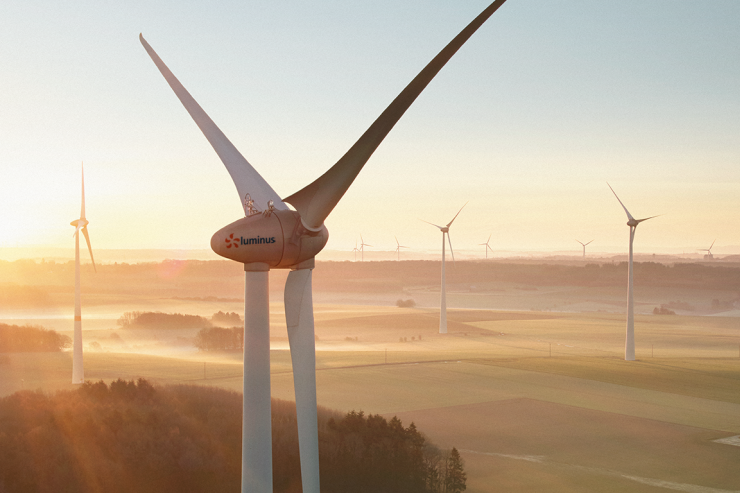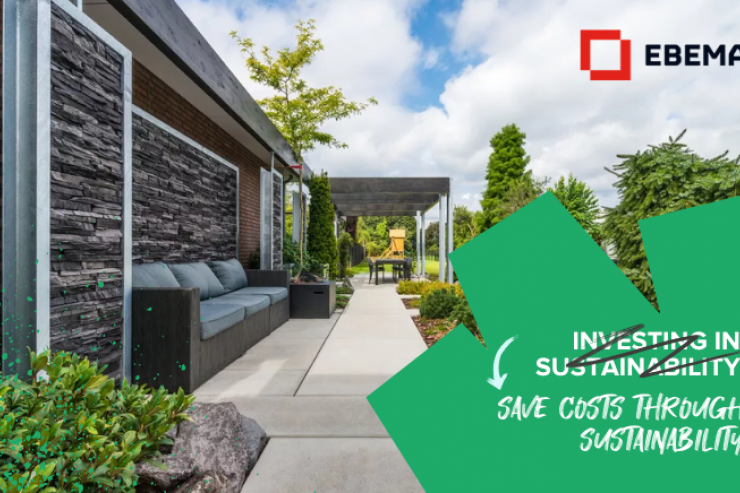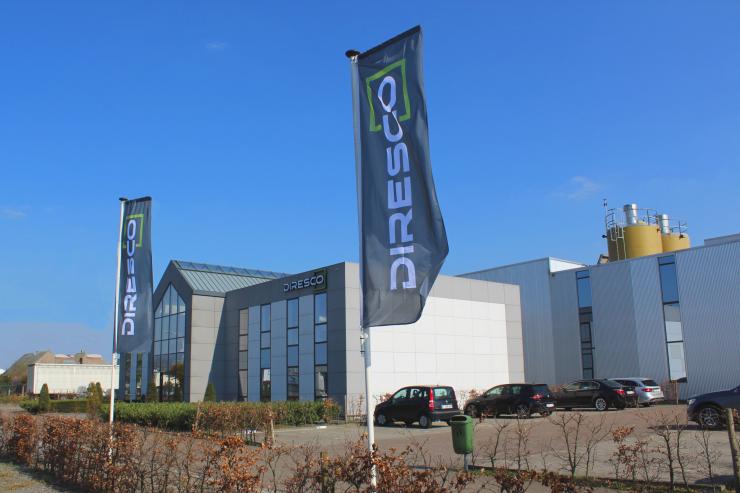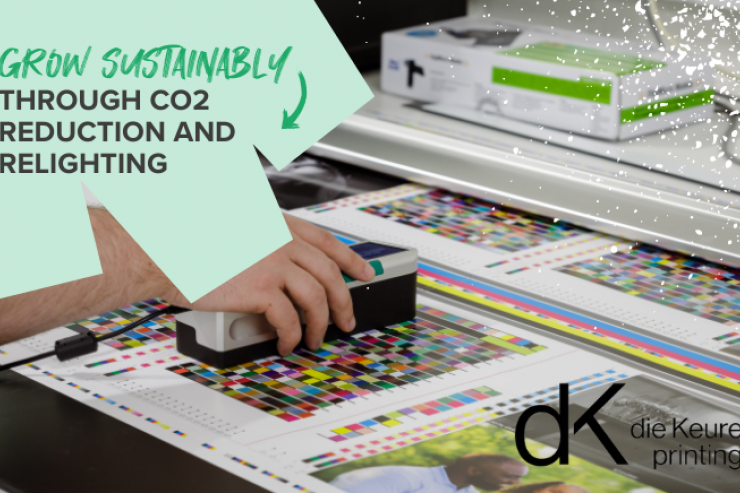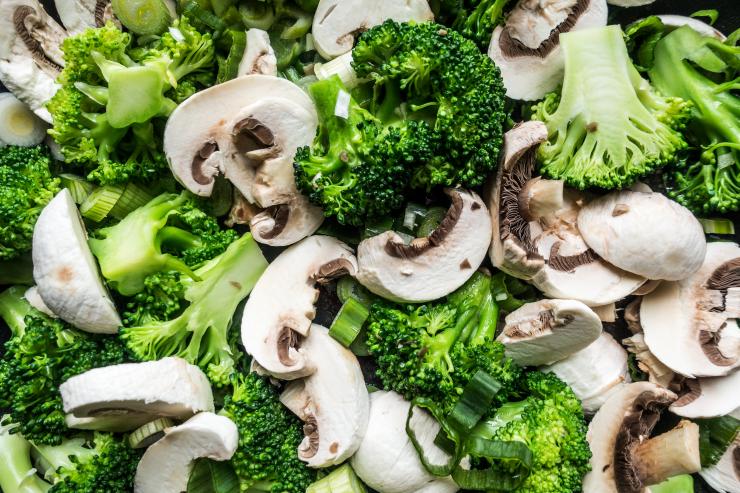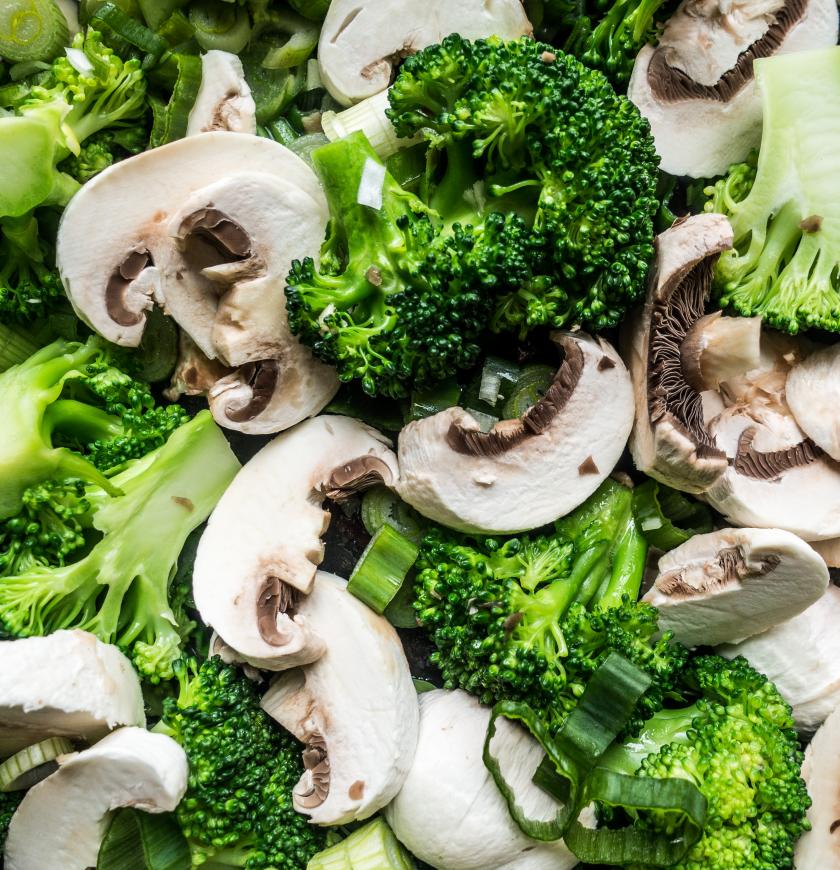
Cool and Green for Greenyard
Industrial cooling systems are the major energy consumers in industries such as food or frozen foods as they have to operate around the clock. The ever-stricter environmental legislation challenges these companies to work towards a sustainable future. When you add the fact that consumers are becoming more aware of the need to limit the environmental impact of food, the decision to invest in an environmentally friendly and energy-saving cooling installation becomes a matter of course.
As a producer of consumer goods, it is essential to think about your impact and to see where you can innovate sustainably to claim your place in the retail landscape. However, this is often easier said than done when it comes to cooling systems. This is partly due to a particular coolant, the various costs involved in both the investment and the operation, as well as the design that has to keep up with the growth of a company and changing legislation.
Greenyard was faced with strict environmental legislation in 2014. Europe imposed a gradual ban on synthetic coolants on account of the harmful effects on the ozone layer and global warming in the event of leakage. As one of the world's largest suppliers of fresh fruit and vegetables, a reliable cooling system is of vital importance to Greenyard. Encon was called upon for the complexity of the task. Like the company, the system had grown organically. As additional capacity was added, the cooling system became more fragmented, resulting in multiple systems of varying ages and technologies.
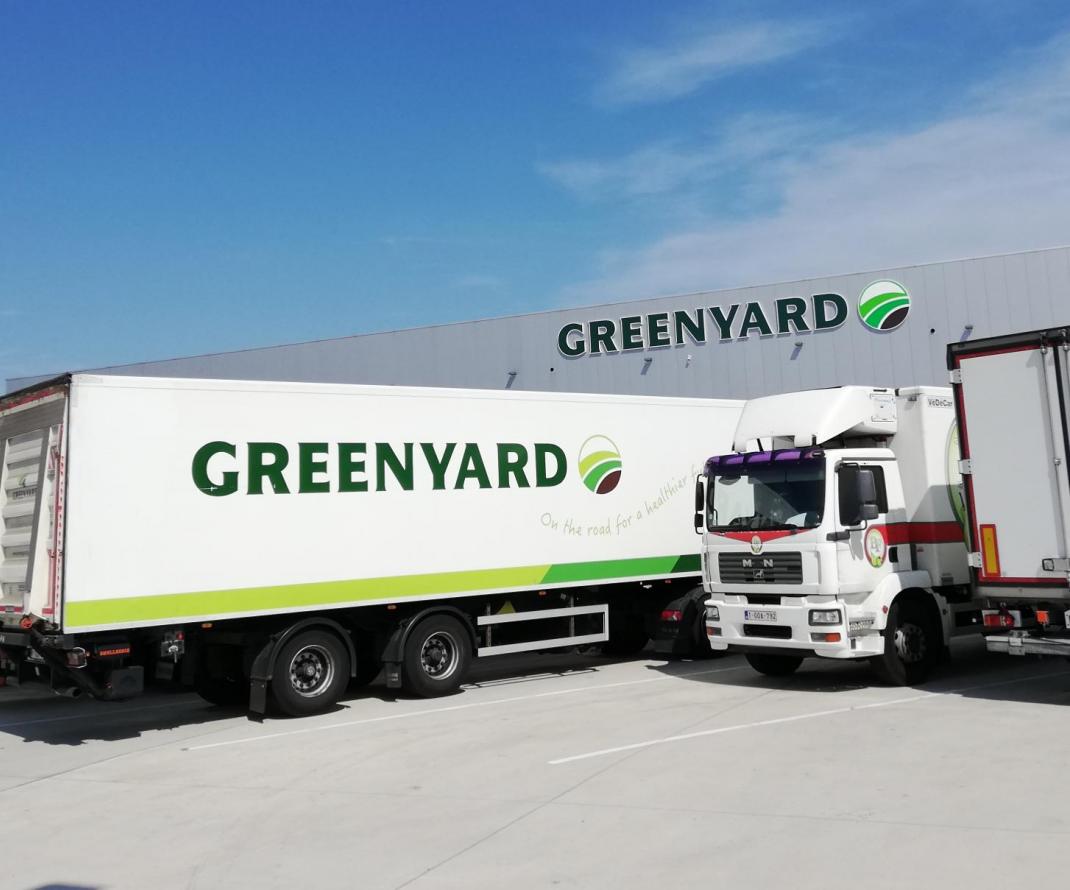
The company has been working hard ever since to get its entire business up to date and sustainable, with Encon as a partner to contribute to the growth of the company. Initially, the machines that no longer complied with the legislation were given priority, with an additional zone that followed in 2016. Thanks to an extensive concept analysis and cooling load calculation, the company opted for a highly energy-efficient and sustainable cooling system using CO2 and ammonia. The natural properties and energy efficiency of these liquids make them environmentally friendly.
Following an extensive and thorough comparison of quotations that included all consumption and maintenance costs, the perfect partner was found for the full implementation, which Encon made sure to follow up on. The new centralised engine room was then equipped with ample expansion capacity to ultimately serve the entire site at the perfect temperature.
The outcome of all these efforts is savings of more than 28% in energy consumption with a corresponding cost-saving of €638,000 over a period of 10 years. Greenyard started cooling other zones in 2018 and has done this again in 2020. Every project is strictly monitored, from research, quotations, consultation with architects and contractors to installation and delivery. This ensures that production never comes to a halt throughout the entire sustainability process. Effective organisation, flexibility and planning ensured that all parties were able to carry out their work in the best possible conditions.
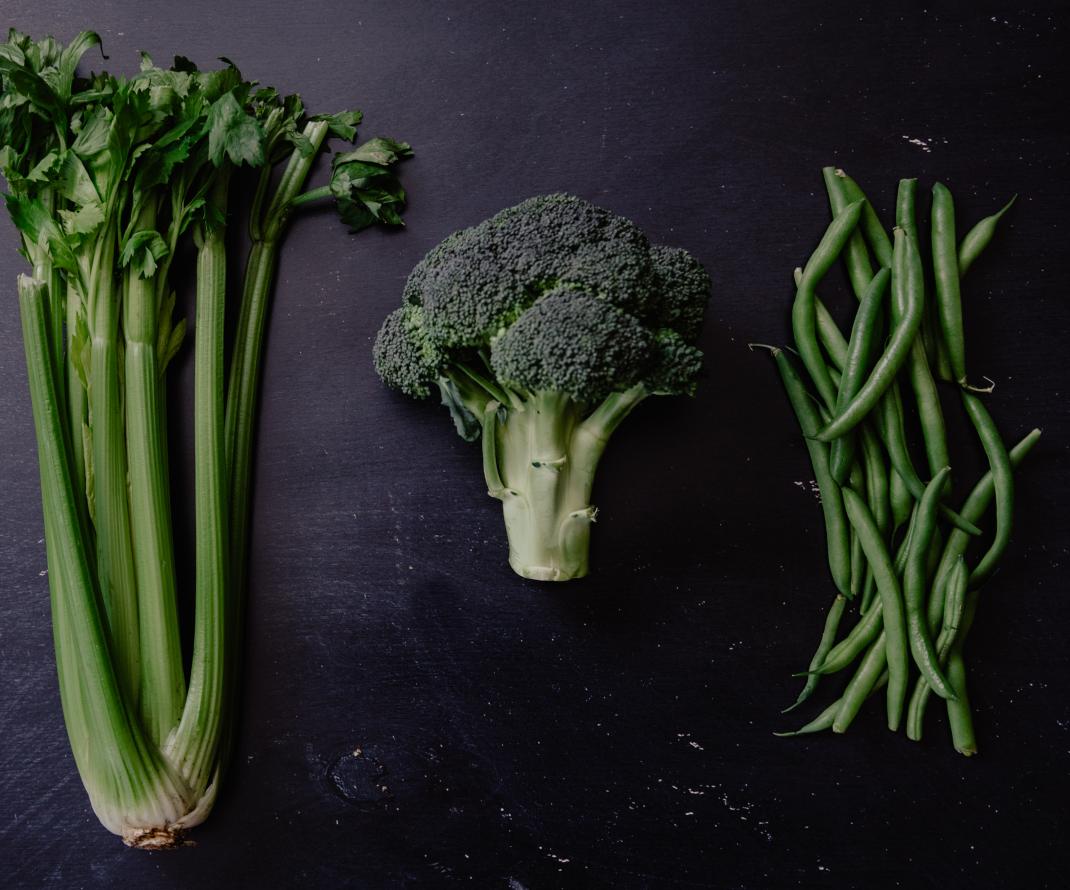
Greenyard aims to minimise its environmental impact to meet consumers' demands for a healthier, sustainable future. This is not a one-off effort but a continuous battle—one that Greenyard will wage with Encon by its side. Bringing production lines into perspective allows for a targeted effort to grow by providing your installations with the necessary facilities. Would you like to prepare yourself for a sustainable future?

